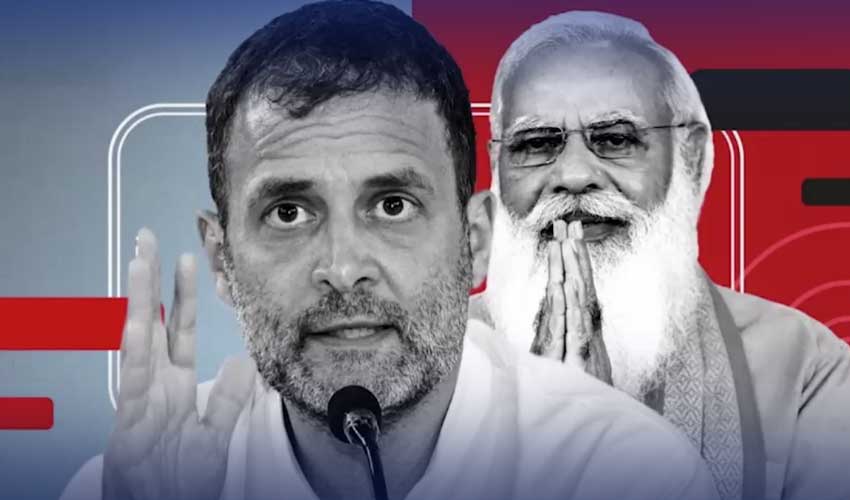In the run-up to the Indian elections, there's a growing sense of concern within the Modi government, amidst fears of potential defeat. Allegations of high-handed tactics have surfaced, indicating a desperate attempt to cling to power.
Criticism has been leveled at Prime Minister Modi for resorting to tactics such as arresting political opponents and targeting them financially, signaling a departure from democratic norms. The main opposition party, Congress, has accused the government of freezing its leaders' bank accounts, hampering their ability to fund election campaigns.
Rahul Gandhi, leader of the Congress party, voiced strong objections, highlighting the apparent silence of key institutions like the Election Commission, judiciary, and media in the face of such actions. He condemned the freezing of bank accounts, framing it as an attack not just on political opponents but on the very essence of Indian democracy.
Meanwhile, reports have emerged of security forces surrounding the residence of Chief Minister Arvind Kejriwal in New Delhi, raising further concerns about the government's tactics.
Observers suggest that the Modi government's actions reflect a sense of desperation following anticipated electoral setbacks. The aggressive pursuit of victory, coupled with the BJP's Hindu nationalist agenda, has drawn international scrutiny.
Questions linger over whether international bodies, notably the US and European countries, will take note of these pre-election irregularities in India, given their history of scrutinizing electoral processes in other nations.
The developments underscore a broader concern about the erosion of democratic principles in India, with critics arguing that the BJP's pursuit of power has undermined the country's democratic fabric.



























